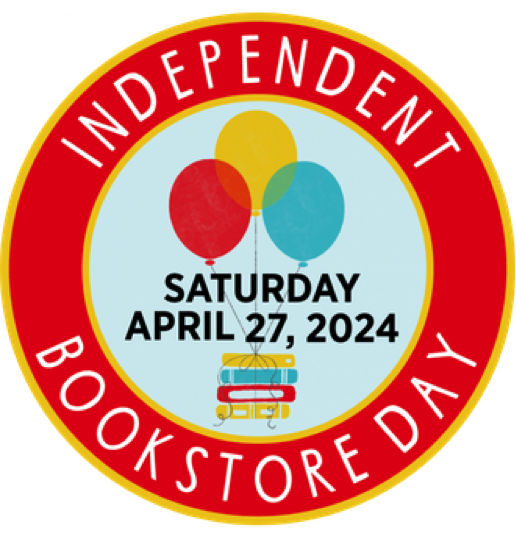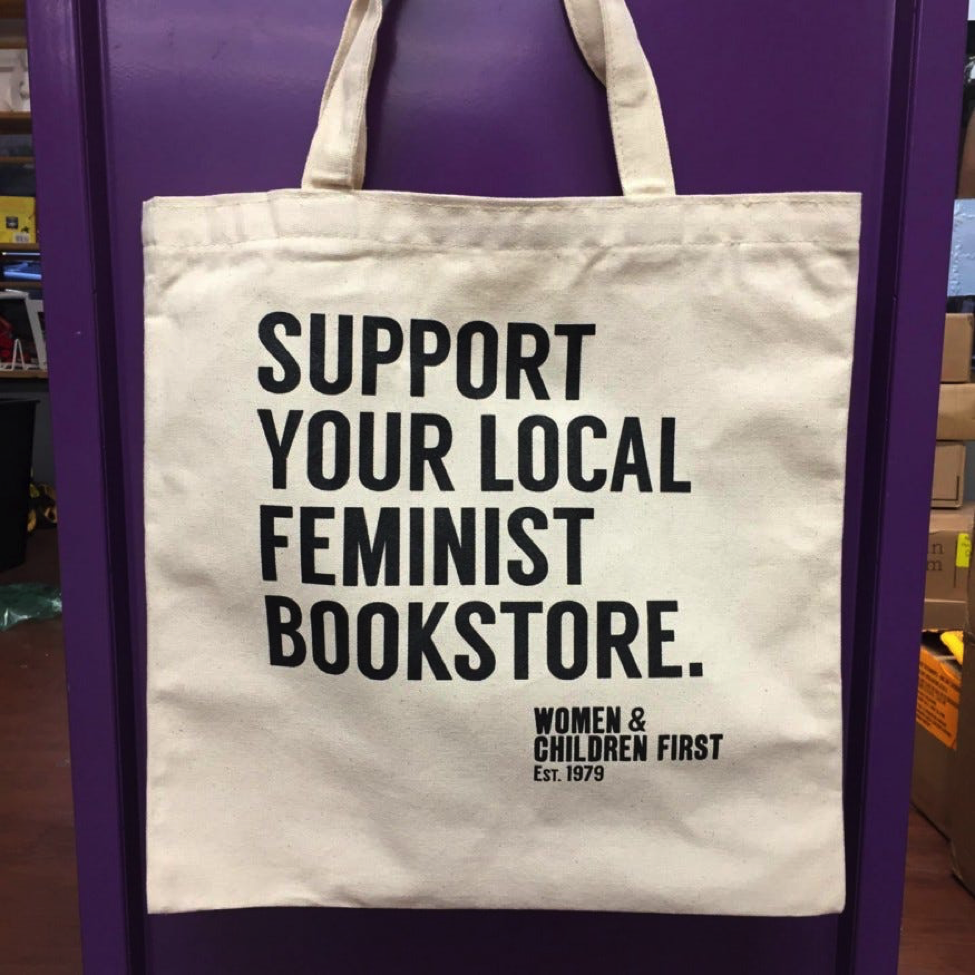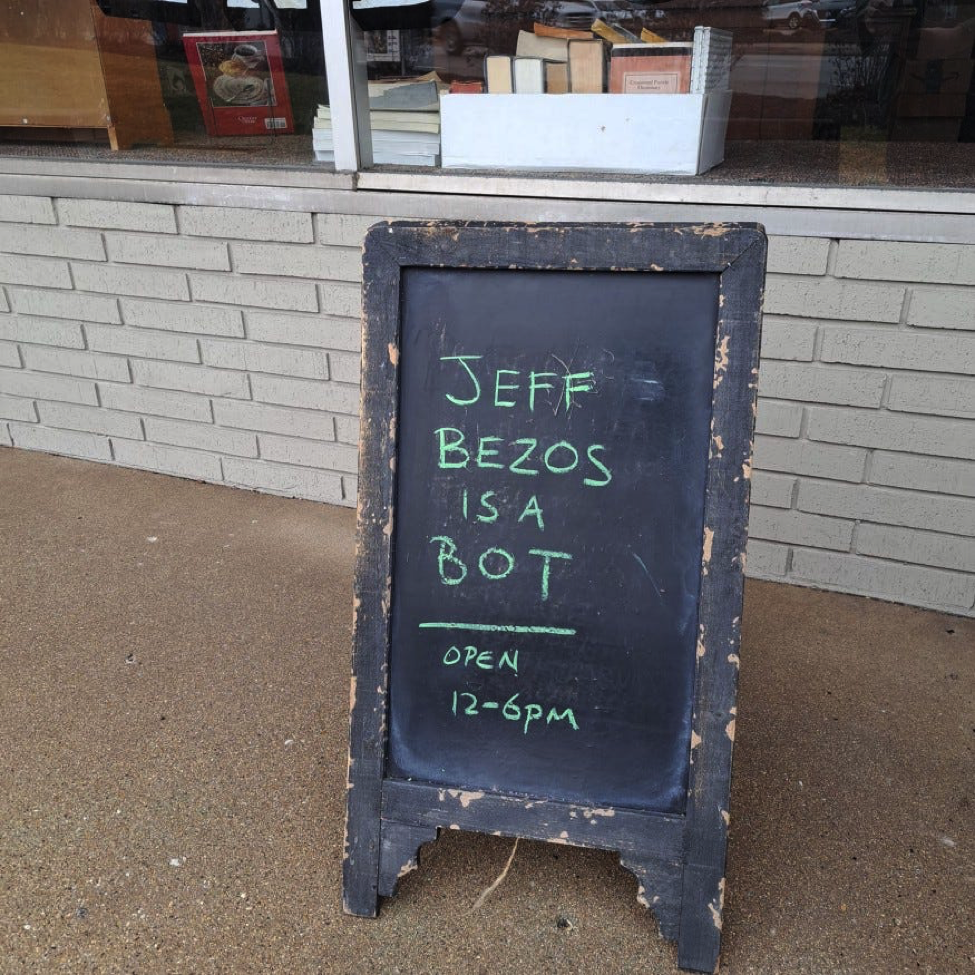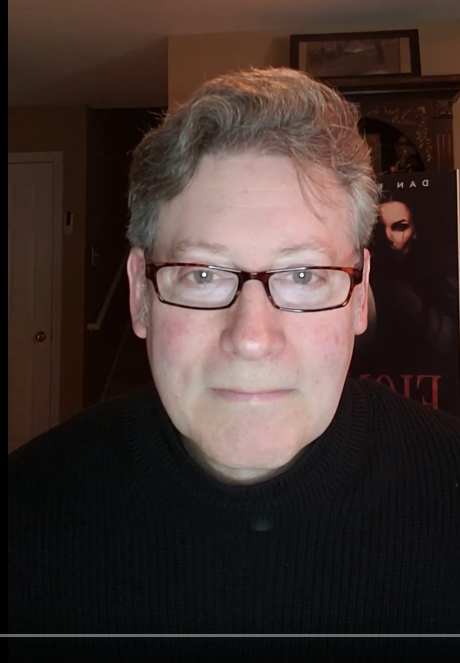Independent Book Store Day will soon mark its 11th anniversary — when’s the last time you shopped indie? Many readers count themselves as supporters but still buy books from national chains or Amazon. Hey, I get it: Large corporations can afford to charge less in order to gain market share. And few things beat the fast, free delivery of a Prime membership. Still, I’ll keep suggesting that we shift our focus away from the lowest price to preserve our local purveyors of knowledge.
To make my case, I will not tell you how excited I get walking into an indie bookshop with its quirky displays of new releases. I won’t regale you with funny anecdotes starring eccentric but always knowledgeable bookstore owners and staff. Last but not least, I won’t describe that dopamine hit I get every time I buy local and stick it to a distant corporate owner where phrases like “vertical integration” and “leveraged buyout” are quickly followed by “maximizing stakeholder value.”
At least not today. No, to determine the true value of indie bookstores, I’ll leave out words and focus on numbers. And the figures tell a compelling story.
When you buy books from an indie shop, 29% of your money gets recirculated into the local economy. That includes labor, profit, purchasing, and donations to non-profits. In comparison, purchases through Amazon generate 5.8% in local impact. The figure for Barnes & Noble is 14%.*
Need more convincing? Let’s zero in on one community. A 2004 study by Civic Economics looked at all the independent retailers in Chicago’s Andersonville neighborhood. While it didn’t focus exclusively on bookstores, at least one indie bookshop — Women & Children First — was included in the research.
The study concluded that of every $100 spent on a locally owned business, $68 remained in the local economy. Of every $100 spent on a chain, only $43 remained. I’ll presume the difference got rolled up into a CEO’s already-gargantuan salary. Hoping this is not too granular, I’ll note the researchers also examined the economic impact generated by each square foot owned by a local business vs. a chain firm. The bottom line? $179 for local, $105 for chains. All this may explain why 70% of Andersonville residents surveyed preferred to shop local.
If you’re lucky enough to have independent businesses in your neighborhood, these numbers provide added incentive to buy from them. And if you live near one of the 2,185 indie bookstores in the U.S.**, it clearly benefits you to support the indie shop as opposed to a chain retailer.
Sign greeting customers at Maze Books, Rockford, IL
If you’re an author, these shops are even more important. Indie bookstores are more likely to display your book on their shelves. A consignment deal is most common with the author getting 60%. What’s more: Many of these shops will even sell books published by Amazon. This may seem counter intuitive because Amazon is their biggest competitor. But booksellers must focus on the bottom line, and the savvy ones will take that 40% no matter where it comes from.
As an author, I make a point of co-branding with these stores. I regularly pitch my books to them and those that respond positively get one more request from me: a photo of them holding my book in their store. A smiling bookseller giving a thumbs-up to your title is a powerful image on social media because readers regularly look to these folks for recommendations. Occasionally, I’ll get one featuring #bookstorecats. These get boffo engagement, as you can imagine.

I hope you’ll join me in celebrating Independent Bookstore Day on Saturday, April 27, by visiting an indie shop. Think of it as a simple thank you for all their owners and staff do, such as making you feel welcome, asking if you want a coffee, and — of course — recommending books. When the day ends, you’ll know where the bulk of their profits and wages will be spent.
* Sources: The American Booksellers Association 2021 abacus survey of members; 2017 Economic Census; 2020 10-K; 2021 analysis by Civic Economics
** American Booksellers Association, May 2023
Dan Klefstad is a longtime radio host and newscaster. His latest book, DIY Book Promo, helps his fellow authors find readers without spending money. It’s based on lessons from the previous campaign for his novel, Fiona’s Guardians, plus his broadcasting career. Dan will speak about his unique approach to book marketing this July at the Imaginarium Convention in Louisville, Kentucky, not far from his home.



